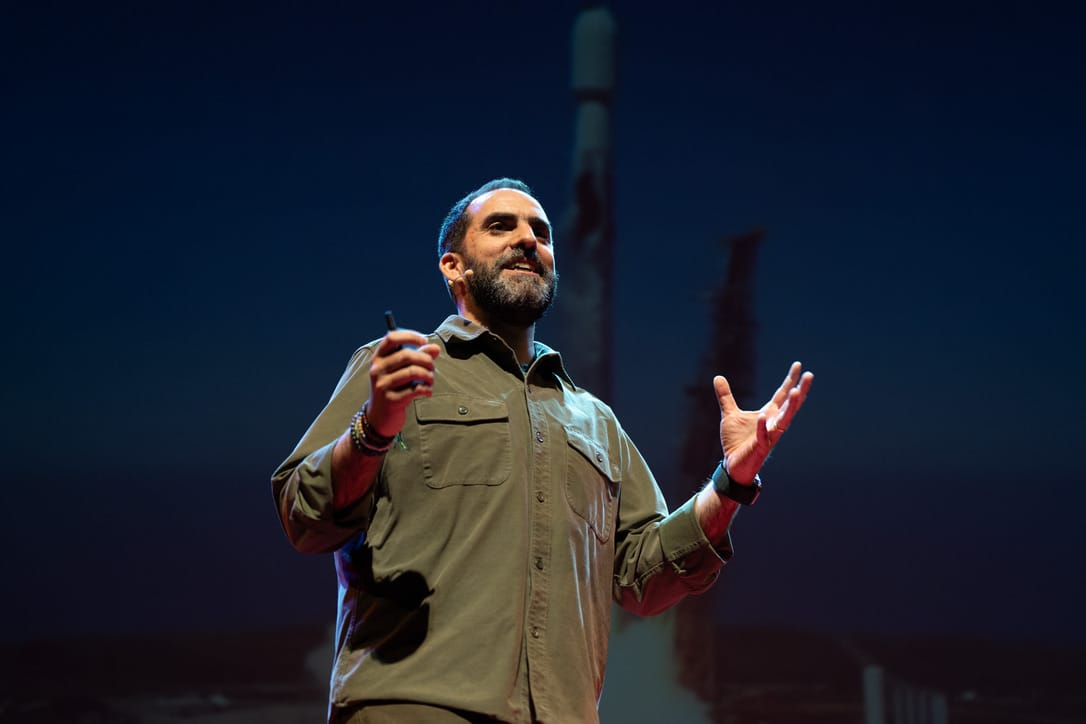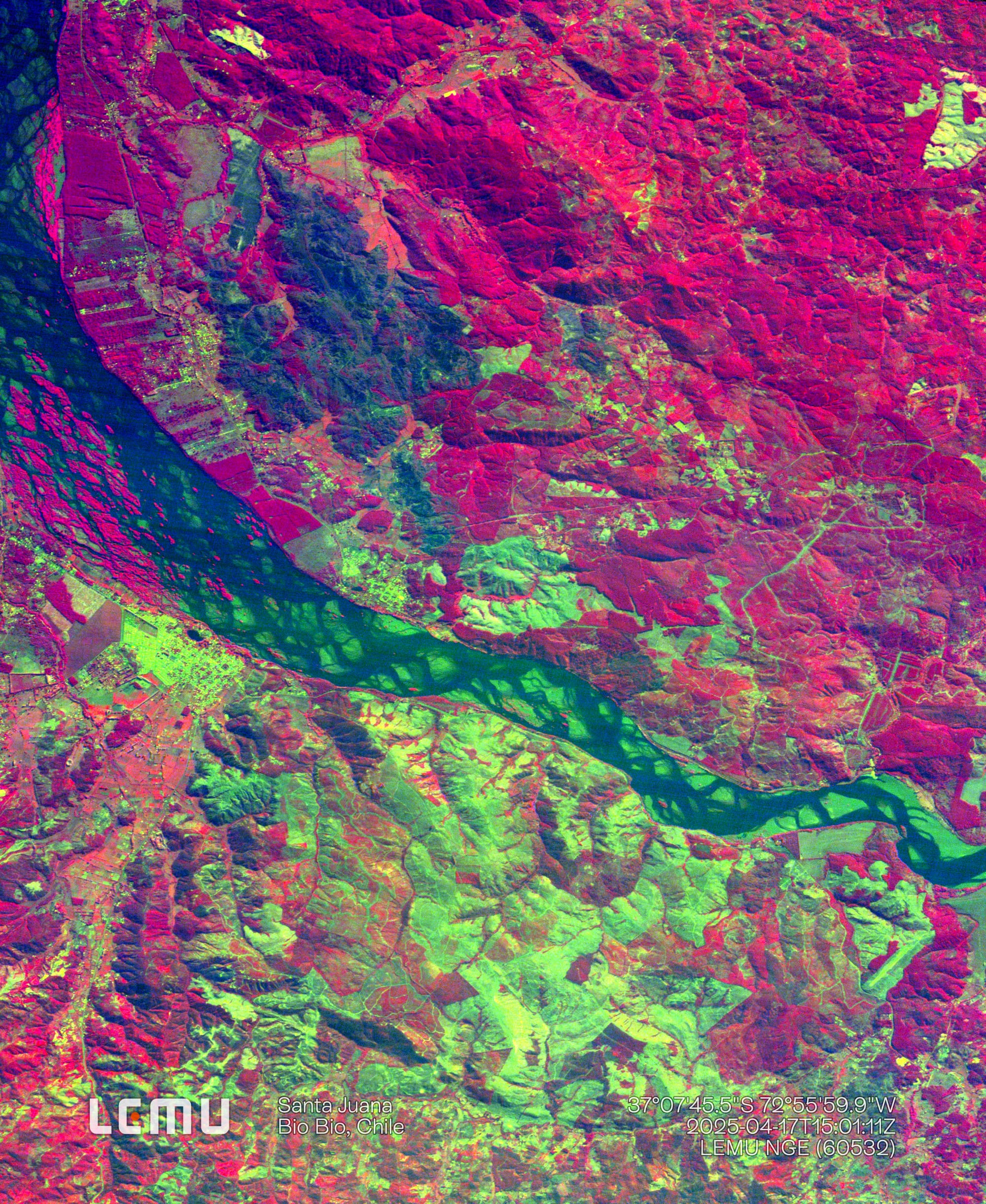Irrational Intelligence
When something grows too fast in nature, it usually doesn’t last.

“Not everything that can be counted counts. Not everything that counts can be counted.”
— Anonymous
AI spending will soon surpass 1 % of the global economy — a trillion-dollar bet on speed, scale, and limitless promise.
Speed is not the ultimate goal.
Yet that is how Artificial Intelligence is being sold to us. Faster writing. Faster answers. Faster growth. A world where everything is instant.
But pressing harder on the accelerator doesn’t make sense if we don’t know where we’re going. And right now, we’re burning resources at full throttle, without a clear direction — and too many undesirable outcomes.
Nature is efficient
AI is one of the most powerful frontier technologies humans have built. But it is not the tool. It is one tool among many. (And actually a galaxy of technologies, but we won’t go there today.)
At the scale we’re now spending — trillions of dollars, gigawatts of power, hectares of land — we must ask: which problems are truly worth that cost?
The cost isn’t just financial. AI overheats our planet with its thirst for water, energy, and infrastructure.
It also risks amplifying disposable patterns: fast consumption, short-term thinking, mental overload.
Of course we look like we’re advancing — we’re spending at a scale rarely seen in human history.
Our biggest inspiration, nature, operates differently. It weaves collective benefit. A tree doesn’t act for itself alone — its intelligence is shared. It cycles nutrients, supports species, balances in ways our systems still strive to emulate, with orders of magnitude less energy.
We build machines that awe us, but we should not mistake their scale for virtue. Their inefficiency seems to be a law of nature we can’t yet overcome.
Progress requires direction
This is not a call to abandon AI. At Lemu, we use it every day.
It powers many key parts of Atlas. It helps Lemu Nge map ecosystems at scale.
But we don’t apply AI everywhere. We also deploy simpler, more efficient technologies that often outperform for many tasks.
That is the balance we must pursue.
Some problems — mapping biodiversity, modeling climate feedbacks, developing new cures and enabling early detection — demand AI’s scale. But most do not.
Many solutions are cheaper, more accessible, more reasonable.
What worries me is how AI is mostly optimized today: quick answers, instant gratification, the illusion of “saving time” — with little care for whether the result is correct, meaningful, or good. It extends existing systems — many already extractive — rather than transforming them.
Once again, we are repeating the logic of “move fast and break things” — a mentality that has already broken enough.
Expecting AI to “fix everything” is a mismatch. The century-long neglect of nature left us a nature data gap. A model, however advanced, is handicapped when the foundational data is missing.
Direction before speed
This Age of AI is amazing. But don’t abandon your skepticism.
AI is not an omnipotent, omnipresent solution to the universe, life, and everything else — as some would have us believe.
Speed is not the ultimate goal.
Being able to reason does not mean being reasonable. The true test of intelligence is which we choose to follow, not how fast we can process data.
Because progress is not speed. Progress is advancing towards a goal.
And if we’re careful, AI can become not the silver bullet of fantasy, but a real ally in building a more resilient, regenerative, and reasonable world.



